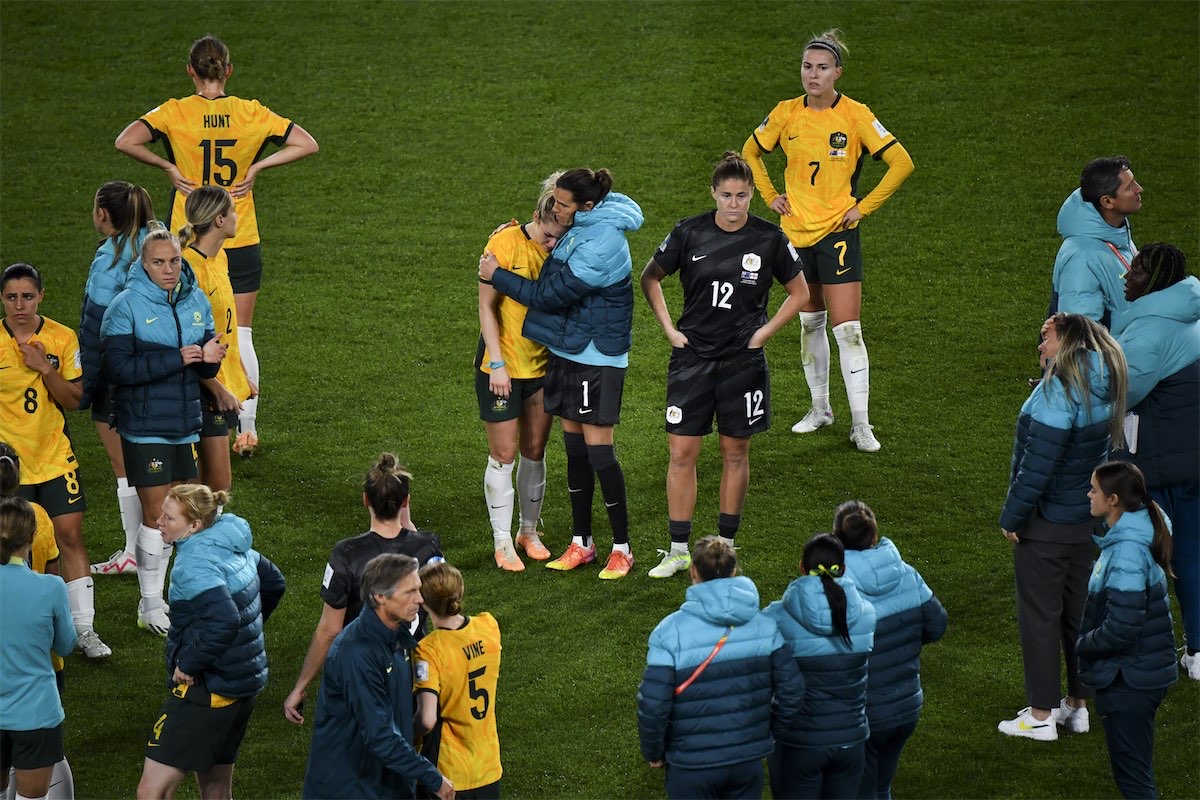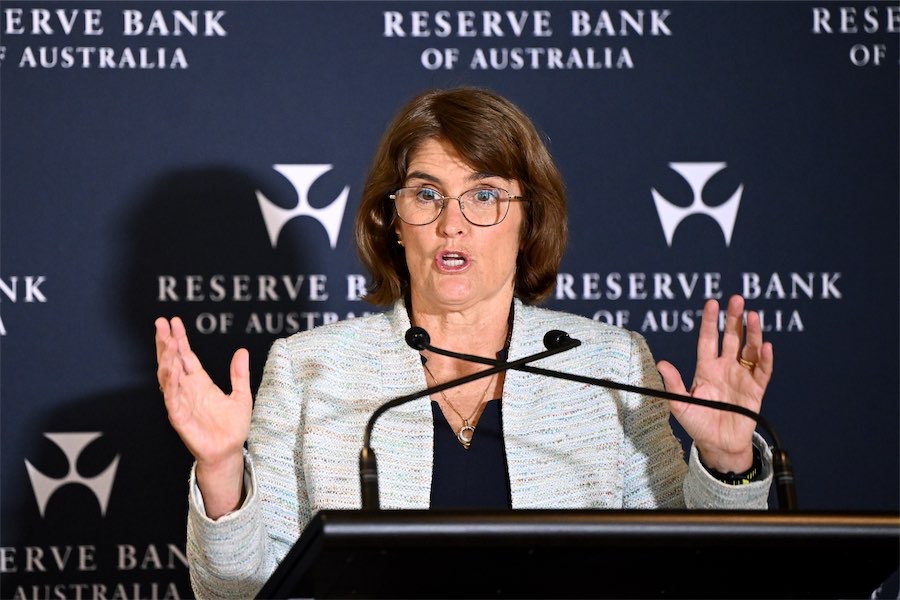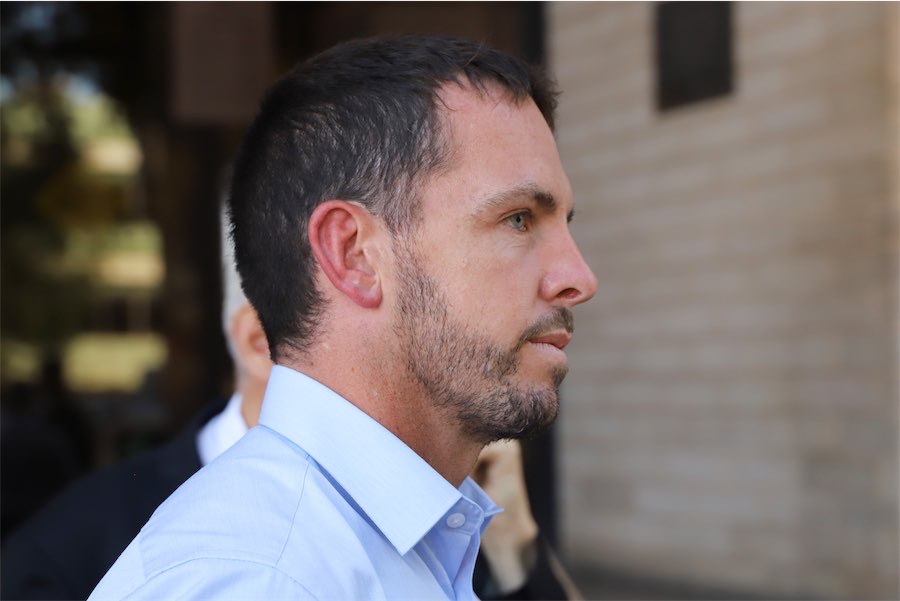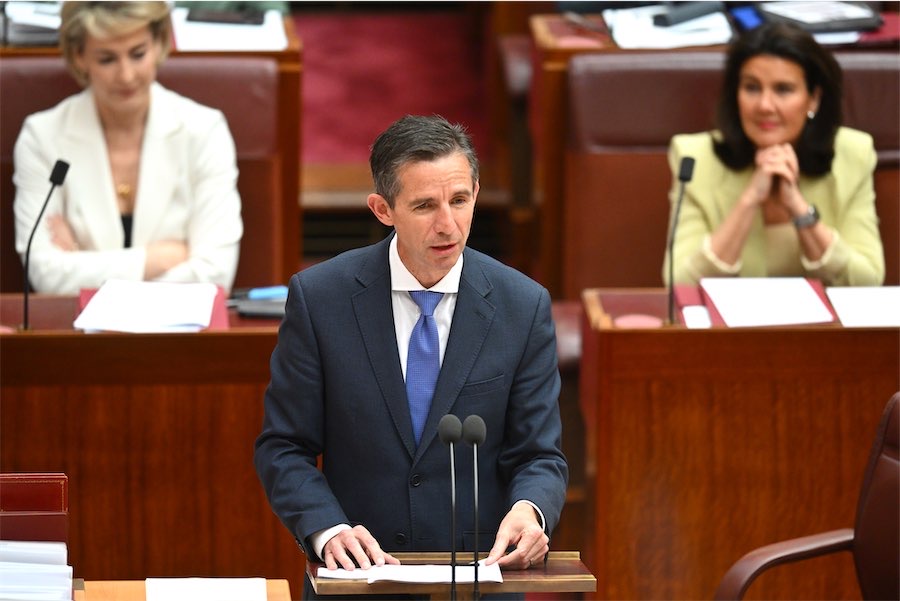
By Anna Harrington in Sydney
REELING from the heartbreak of falling short in the Women’s World Cup semi-final, the Matildas believe they can still reap silverware from their golden generation.
That journey starts with picking themselves up and beating Sweden in Saturday’s third-place play-off game to ensure they don’t leave their home tournament empty-handed.
Australia’s run that has captured the nation – including reaching a record TV audience of 11.15 million people for their semi-final clash, with an average figure of 7.13 million – was brought to a screeching halt in Wednesday’s devastating 3-1 loss to England.
Plenty of the Matildas’ top players are either on the wrong side of 30 or not far off it – meaning the 2023 World Cup presented a golden opportunity for success.
Lydia Williams (35), Clare Polkinghorne (34), Aivi Luik (38), Kyah Simon (32) and Tameka Yallop (32) are the squad’s oldest players.
But other stars, including Sam Kerr (29), Steph Catley (29), Katrina Gorry (31), Caitlin Foord (28), Alanna Kennedy (28), Hayley Raso (28) and Emily van Egmond (30) will be at the tail end of their careers, or retired, by the time the 2027 World Cup rolls around.
“Everyone’s going to be hurting. The veterans probably more – we don’t really have another World Cup in us,” Gorry told reporters.
“So it’s a tough one to swallow at the moment.
“But we’ll all get around each other, we’ll make sure that we’re ready to go for the next game. Because we want that bronze medal.
“It’s dangling right in front of us. Australia has got us here so far, we’re not going to let them down.”
It took England three consecutive semi-finals, after heartbreak in 2015 and 2019, to finally break through for a World Cup decider.
When asked whether the Matildas would be better and stronger for the experience, Polkinghorne shrugged.
“I think we will,” she said. “But I don’t know – being at home, a lot of people were getting behind us and supporting us. It was just incredible the amount of support we got.”
Catley, at her third World Cup, pointed to emerging talents such as Mary Fowler (20) and Kyra Cooney-Cross (21) as reasons for Australia to continue to believe.
“It does take a while and we’ve made enough quarter-finals, enough round of 16s,” she said.
“You learn a lot from those moments. Some of these young girls that have just stepped in, and they’ve now played in a semi-final, they’re going to learn so much and they’re going to be so much more prepared for the next time it comes around.
“The fact that they’ve got that so early in their careers is massive.
“Some of the players that we’ve seen come through: Mary, Kyra, the way they’ve performed; Clare Hunt, there’s so many.
“They just stepped up – they look so ready, they’ve got long careers ahead of them. Hopefully we’re developing loads more girls that can come in and step in when they need to.
“Hopefully us old ducks can hold on a little bit longer and push for some more trophies.”
Australia will commence qualifiers for the 2024 Paris Olympics later this year.
But first comes a tight turnaround to face Sweden, who lost to Spain in Tuesday’s other semi-final, in Brisbane on Saturday evening.
“We’re not leaving here empty-handed,” Cooney-Cross said.
Who can be trusted?
In a world of spin and confusion, there’s never been a more important time to support independent journalism in Canberra.
If you trust our work online and want to enforce the power of independent voices, I invite you to make a small contribution.
Every dollar of support is invested back into our journalism to help keep citynews.com.au strong and free.
Thank you,
Ian Meikle, editor




![Evie Hudson is a woman with amnesia, who forgets the last 13 years. Piecing her life back together, she navigates the harsh realities of coercive control.
Evie is the leading character in local author @emmagreyauthor's second novel Pictures of You.
Her debut book, The Last Love Note, sold more than 100,000 books worldwide within a few months of being published last year.
“I think that using amnesia really helped [show the effects of coercive control] because she had that sense of being completely lost in her own life,” Emma says of her new work of fiction.
To read the full story and find out more about this fabulous local author and her latest novel, visit our website at citynews.com.au or click the link in our bio! 📚✒️
#canberra #local #canberralocals #canberralife #australia #author #localauthor #Picturesofyou #coercivecontrolisabuse #dvawareness #bestsellingauthor #canberraauthor #localnews #citynews](https://citynews.com.au/wp-content/plugins/instagram-feed/img/placeholder.png)
Leave a Reply